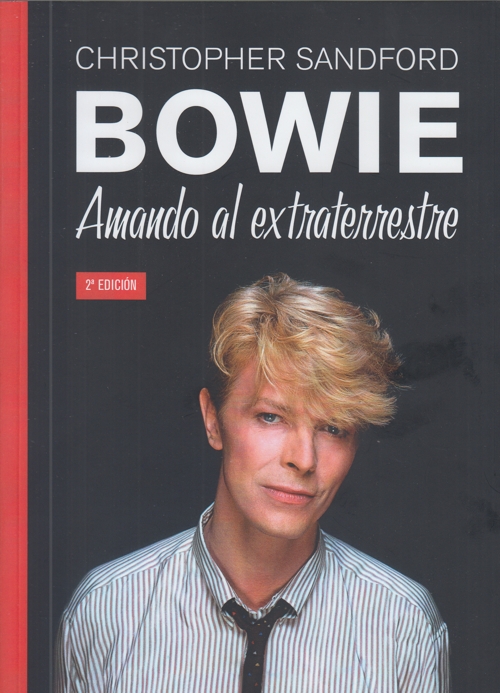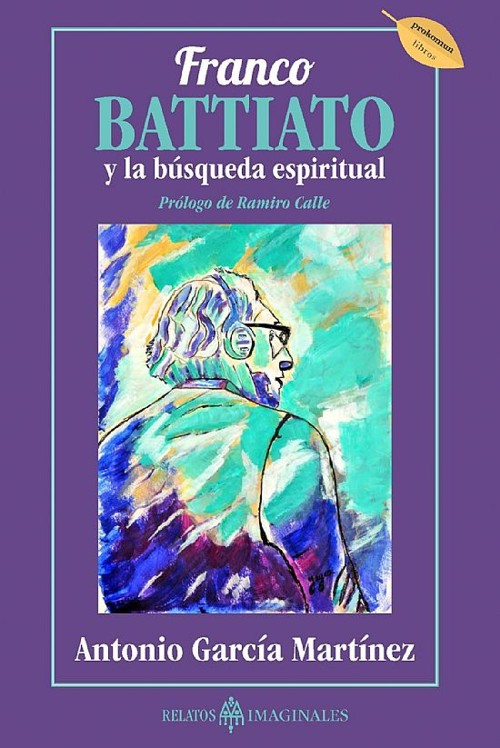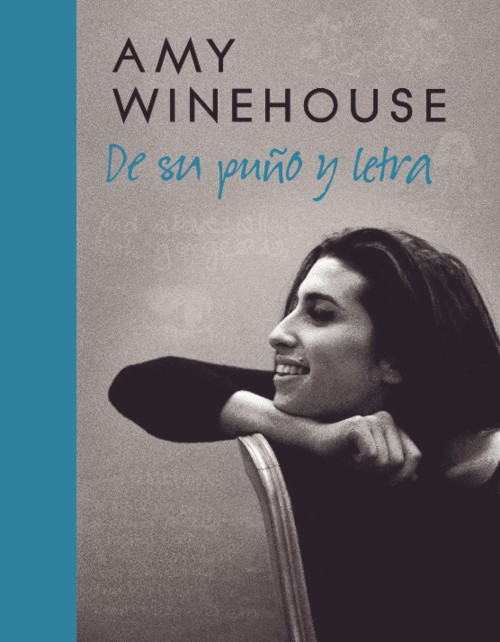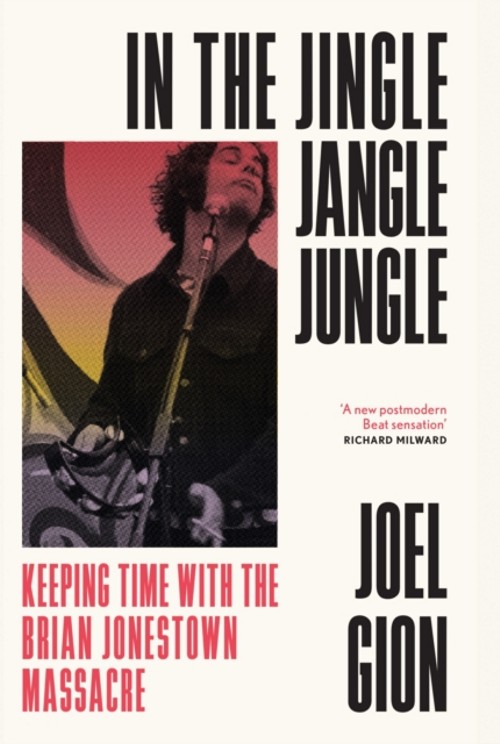
Route 19 revisited: The Clash and the making of London Calling
Gray, Marcus
Random House (UK). 2011Ficha técnica
- EAN: 9780099524205
- ISBN: 978-0-09-952420-5
- Editorial: Random House (UK)
- Fecha de edición: 2011
- Encuadernación: Rústica
- Dimensiones: 12,9x19,8
- Idioma: Inglés
- Nº páginas: 336
No disponible temporalmente
Disponibilidad sujeta a la información del editorPVP. 13,25€
Añadir a la Lista de deseos
Twenty-eight years after its original release, The Clash's London Calling was inducted into the Grammy Hall of Fame as a 'recording of lasting qualitative or historical significance'. It has topped polls for the best album of the seventies (and of the eighties). It regularly makes the top five in Best of British album polls. And it has placed, on average, in the mid twenties in the Greatest Albums of All Time polls for the last twenty-something years. No mean feat when artists the stature of The Beatles and Bob Dylan have many of the top slots, and so many other ground-shaking, heart-breaking and mind-expanding albums fail to make the lists at all. 'Iconic' is a much abused word, but the cover of London Calling has a genuine right to claim it: Q voted Pennie Smith's cover the best rock'n'roll photograph of all time in 2002, and the instantly recognisable image of Paul Simonon smashing his bass guitar has inspired countless imitators (including Mickey Mouse). Joe Strummer once remarked that The Clash didn't made it big it in the traditional way, by shipping multi-platinum, but rather 'in the culture'. London Calling's songs are rich in lyrical and musical allusion, and since the album's release, that wealth has trickled back down into our everyday lives, in ways both obvious and subtle. The Beatles had their lumps felt in Revolution in the Head, and Bob Dylan had his hinterland explored in Invisible Republic. Now The Clash's finest hour and five minutes gets a book telling when, how and where it was made, detailing the stories behind its songs, placing the album in contexts personal, musical and socio-political, noting its impact upon release, and considering the ripple effects since, both in The Clash members' own careers and 'in the culture'.





